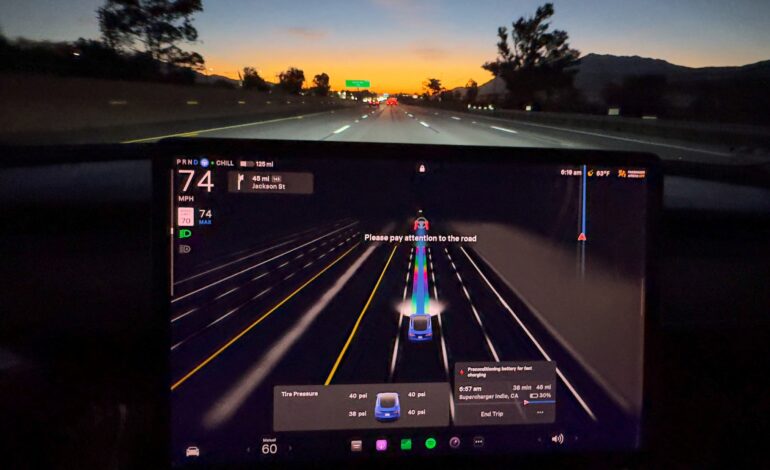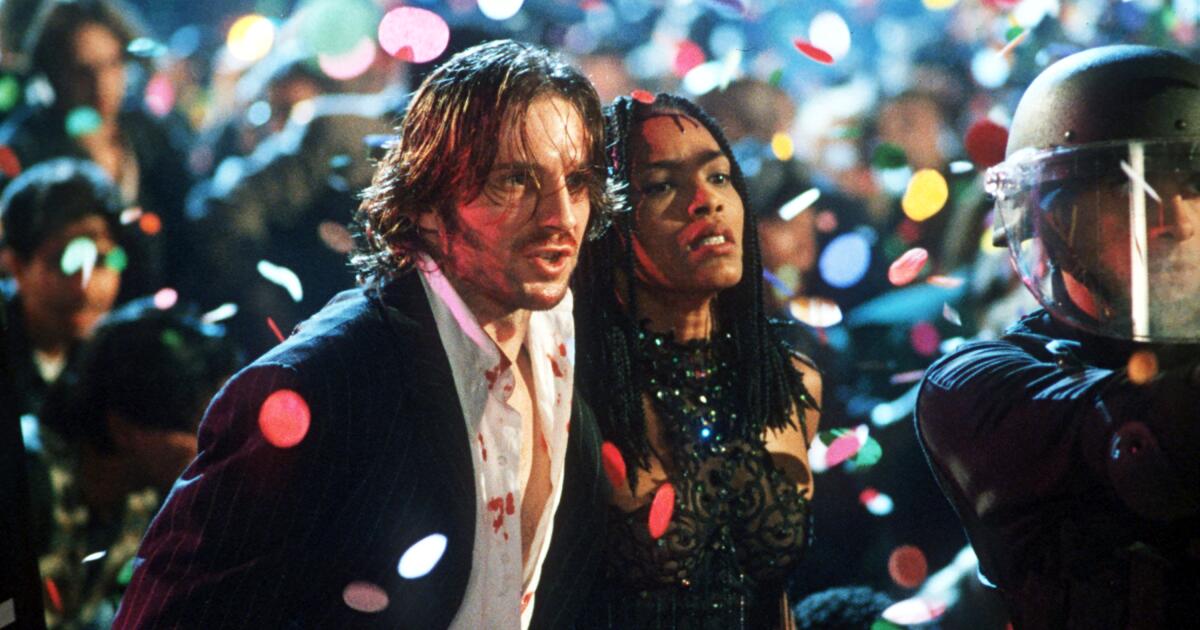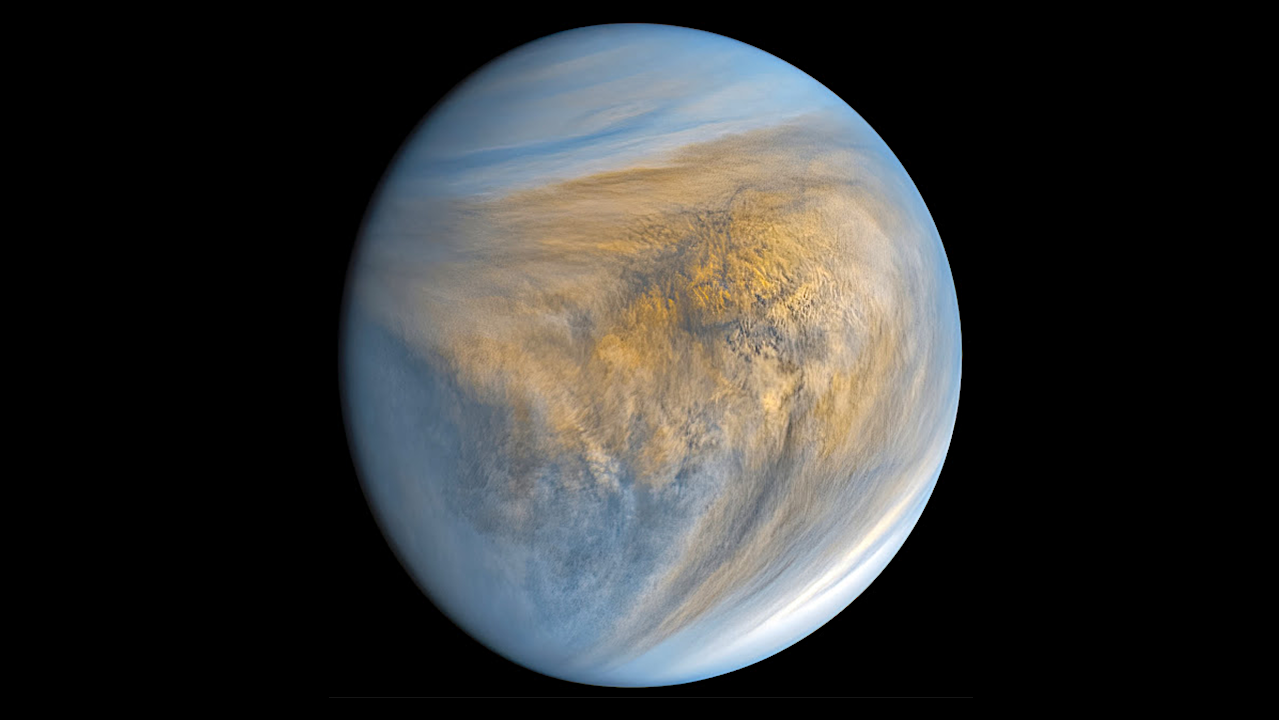Tesla’s Future in California Uncertain After DMV Court Hearing

Tesla’s ability to operate in California faces significant uncertainty following a weeklong court hearing that concluded on October 13, 2023. The California Department of Motor Vehicles (DMV) has accused the electric vehicle manufacturer of misleading consumers regarding its “Full Self-Driving” (FSD) technology, claiming it constitutes false advertising. The DMV is seeking to suspend Tesla’s license to manufacture and sell vehicles in the state for a minimum of 30 days and is also pursuing monetary damages for consumers.
The legal battle stems from a lawsuit filed by the DMV in 2022, alleging that Tesla’s marketing misrepresents the capabilities of its driver assistance technologies, specifically FSD and Autopilot. During the hearing, DMV representatives argued that Tesla’s advertisements led customers to believe that their vehicles could operate autonomously when, in fact, they cannot.
Key Arguments and Testimonies
Tesla’s legal team, led by attorney Matthew Benedetto, contended that the company has never claimed its vehicles can drive themselves without human intervention. Benedetto emphasized that consumers are informed they “cannot fully rely” on FSD or Autopilot. “Cars with Full Self-Driving capabilities are currently not capable of driving themselves,” he reiterated during his examination of witnesses.
The DMV’s complaint highlighted specific instances where Tesla’s website suggested that its cars could manage long-distance trips without driver input. The complaint cited statements such as, “From Home – All you will need to do is get in and tell your car where to go,” which, according to DMV officials, misrepresented the technology’s actual functionality. Ailene Short, branch chief for the licensing department at the DMV, noted that vehicles equipped with these features “could not, at the time of those advertisements, and cannot now, operate as autonomous vehicles.”
Witness testimonies presented by the DMV included Melanie Rosario, commander-sergeant of the DMV Valley Area Command, who expressed concerns about the terminology used in Tesla’s advertising. Rosario stated that the term “Autopilot” could mislead consumers into believing the vehicle could drive itself, despite disclaimers urging drivers to remain vigilant.
Potential Implications for Tesla
The stakes are high for Tesla, particularly as the company experiences a decline in sales during the first half of 2025. Further complicating matters, Tesla’s brand reputation has taken a hit following protests against CEO Elon Musk earlier this year. Nationwide demonstrations at Tesla dealerships in March directed public anger toward the company, complicating its position in the market.
Legal experts are watching the case closely. Eric Goldman, a professor at Santa Clara University School of Law, described the lawsuit as “very high-stakes” for Tesla. He noted that even if the company prevails in this case, it will still face scrutiny regarding its advertising claims in other legal settings. Tesla is currently dealing with multiple legal challenges, including a wrongful death lawsuit in Florida and a class-action suit concerning the “phantom braking” phenomenon, where vehicles unexpectedly apply brakes without reason.
As the hearing concluded without a final ruling, the future of Tesla’s operations in California remains in limbo. The imminent decision by Administrative Judge Juliet E. Cox could significantly impact the company’s ability to sell vehicles in one of its largest markets. With legal challenges mounting, Tesla’s advertising practices are under intense scrutiny, and the outcome of this hearing may set important precedents for the automotive industry.






